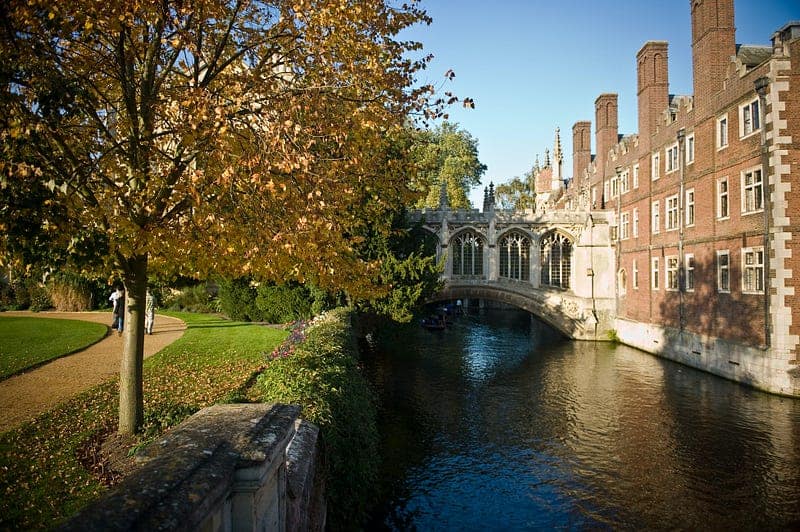Town and Gown in Times of COVID

Today we are sharing with you an article written by Anna Stirk, a second year historian from Peterhouse. Anna has written a brilliant post on how her involvement in our Social Innovation Programme has helped her to reflect on the divide between Cambridge students and the rest of the city in the time of coronavirus.
Again, if you would like to send us an article or pitch please email us at communityprojects@cambridgehub.org.
Town and gown in times of COVID
The Cambridge bubble is an internationally recognised phenomenon, if not a globally acclaimed one — like most of the university’s attributes. The short, sharp Cambridge terms foster a mentality among the student population of getting your head down, clinging on for dear life, and hoping you make it to the end of each eight-week period in one piece. This doesn’t leave much time for breaking the bubble — looking beyond the immediate social circles of college, faculty, and year group to engage with the wider student community and even the sizeable non-student population of the city.
Cambridge is a bubble at the best of times, imperceptibly sealing students off from everyone else. But this time of social bubbles has restricted interaction even further. For legal and health reasons, it is now difficult to meet new people and even established acquaintances; indeed, when many of the university’s students are scattered across the globe, it seems quaint to refer to the divide between town and gown. ‘People in Cambridge’ and ‘people not in but of Cambridge’ might be more suitable labels.
In the few terms I have spent in Cambridge during the course of my undergraduate degree, I have been as guilty as anyone else of succumbing to the town and gown mentality. Aside from a joint concert between the university brass band (in which I was playing) and another local brass band, the only people I spent any considerable amount of time with who weren’t students or academics were the boatman and coach at my college boat club — hardly beyond the Cambridge bubble! It can be difficult to meet new people without the reliable crutch of exchanging your name, degree subject, and college before any real conversation, but it is not impossible.
Furthermore, this invisible barrier prevents interactions between students and local people which would benefit both parties. Despite the educational advantages conferred by a Cambridge degree, the all-encompassing nature of university work can inhibit the possibility of developing other life skills which those who have progressed beyond education can share. This also functions in the opposite direction; Cambridge students come from a wide range of backgrounds and have a variety of skills which could make valuable contributions to the city. However, because of the Cambridge bubble, such collaboration is rarely seen.
Over lockdown and too many months away from Cambridge, I realised that I was becoming isolated from both my university community and the city as a whole. One way in which I endeavoured to halt this process of disconnection was by joining the Social Innovation Programme, organised by the Cambridge Hub. Not only was I able to meet and work with students across the university from a range of subjects and year groups, but I could engage with our community partner to deliver a project over the course of several intense months.
Participating in the Social Innovation Programme has been a really valuable experience in terms of problem solving, learning more about the city, and taking steps to make a practical difference to the Cambridge community despite being locked down in my childhood bedroom, several hundred miles away. Most importantly, however, the project has facilitated new connections between town and gown, helping us to better our environment through social action and positive change.
Of course, online interaction is no substitute for face-to-face conversation, but it forms part of a process which is vital for aiding community cohesion now and in the rebuilding process after the pandemic. Although the Cambridge bubble cannot be burst by a few students talking with local residents over video calls, this effort demonstrates that the will does exist to make real, lasting social change, now and in the future. From personal experience, I have found the Cambridge Hub’s programmes to be an excellent conduit for such positive intentions.
As restrictions are reduced, it is important to remember the community spirit that arose at times in this pandemic — clapping for the NHS and the outpouring of support for Captain Tom among others. Continuing this constructive outlook is essential for social recovery, and the connections facilitated by the Cambridge Hub are a great starting point.
